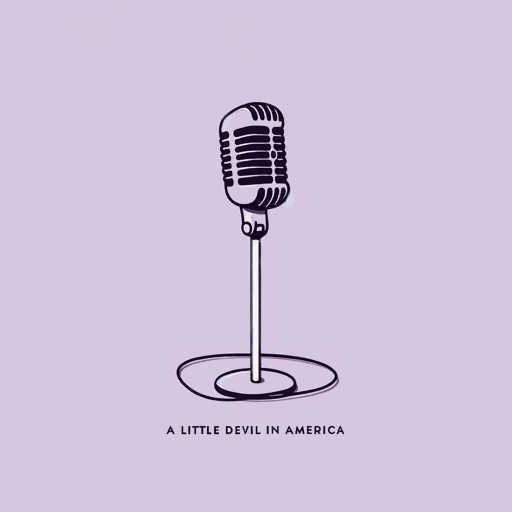57 pages • 1 hour read
Hanif AbdurraqibThey Can't Kill Us Until They Kill Us
Nonfiction | Essay Collection | Adult | Published in 2017A modern alternative to SparkNotes and CliffsNotes, SuperSummary offers high-quality Study Guides with detailed chapter summaries and analysis of major themes, characters, and more.
Background
Critical Context: Music Criticism
Formal music criticism—the practice of assessing or judging music—dates back to roughly the 18th century. Many of the earliest music critics were musicians themselves, and elements of musical theory have always loomed large in the field. At the same time, the nature of music as an art form has challenged efforts to systematize musical criticism and encouraged more subjective responses; many elements of music are irreducible to language and therefore difficult to represent in an argumentative text, much less critique.
Though some forms of traditional and folk music began to attract anthropological interest in the 19th century, popular music genres (e.g., rock) did not receive much critical attention until the mid-20th century. While the closely related field of music journalism tends to address the layperson rather than the musical expert, it grapples with many of the same questions that have defined music criticism from its earliest days, including how to weigh formal criteria when discussing music and whether judging music’s value even makes sense. These questions sometimes intersect with another, which rose to prominence in the later 20th and early 21st centuries: the extent to which social constructs like race and gender shape the musical landscape, from its creation to its reception.
Related Titles
By Hanif Abdurraqib



